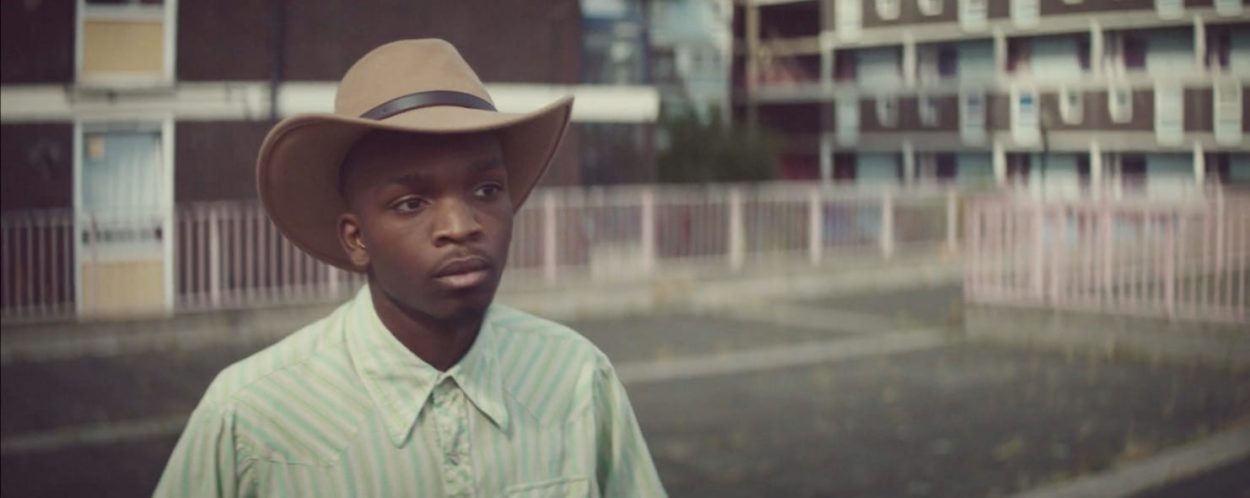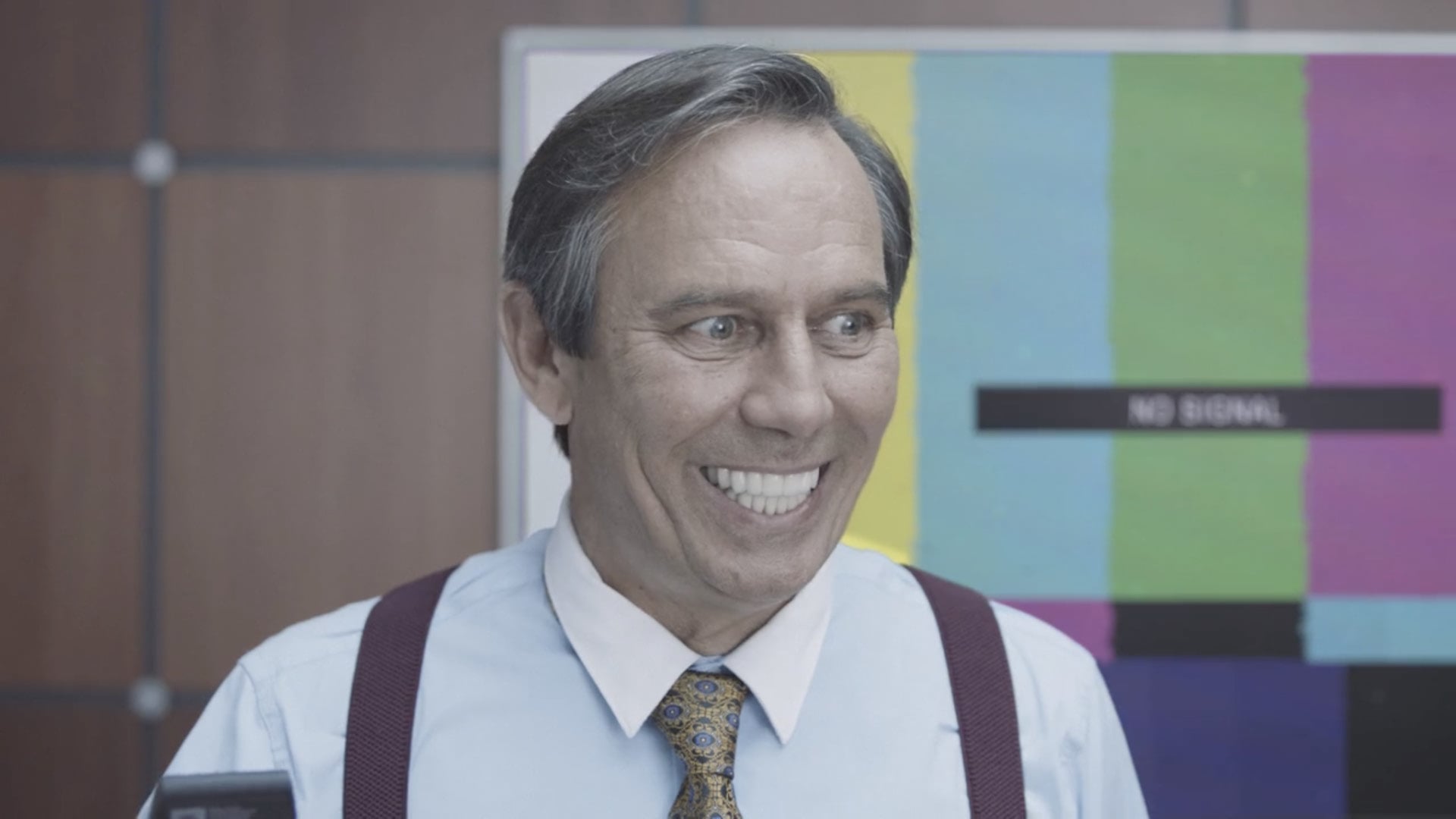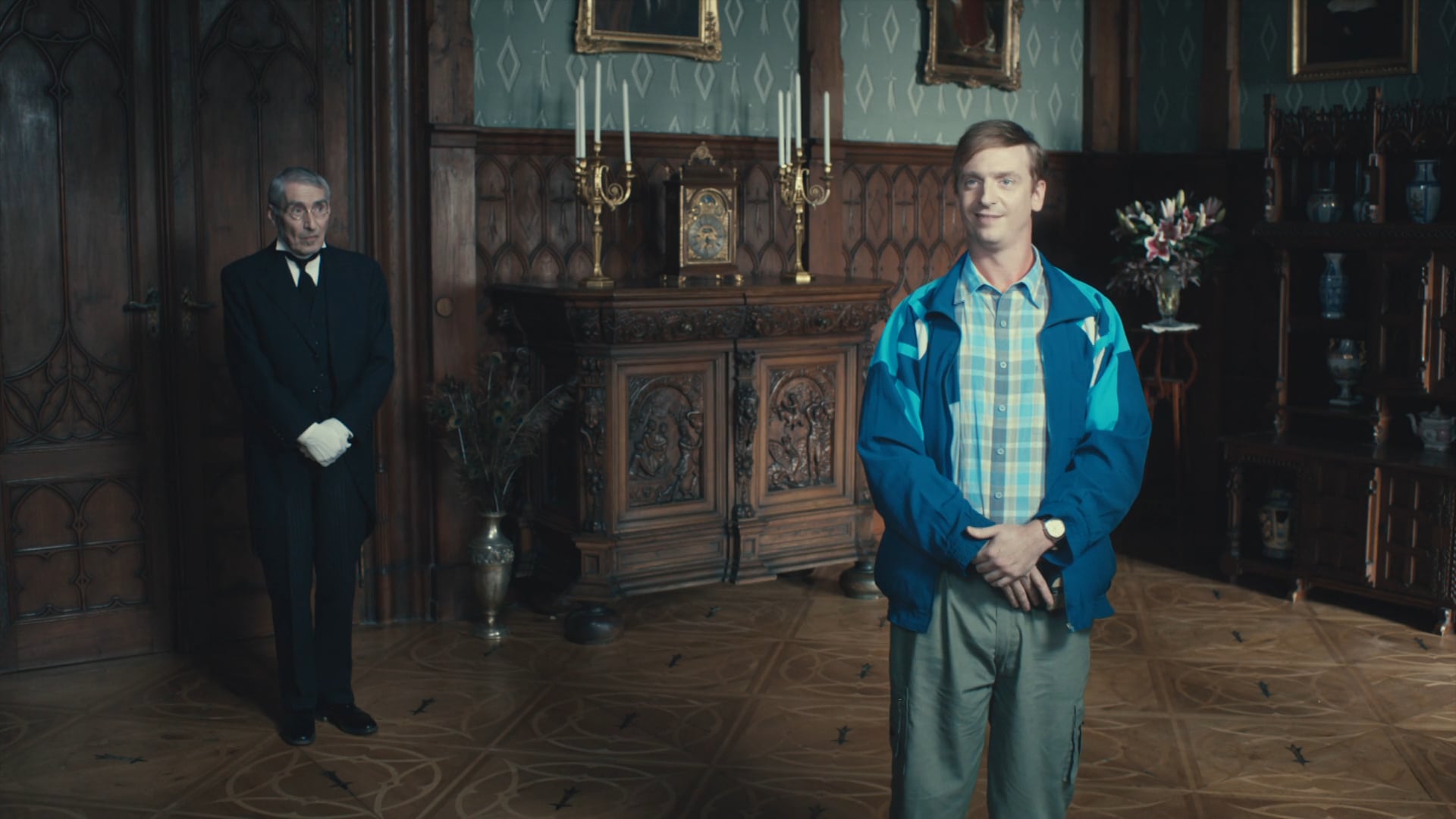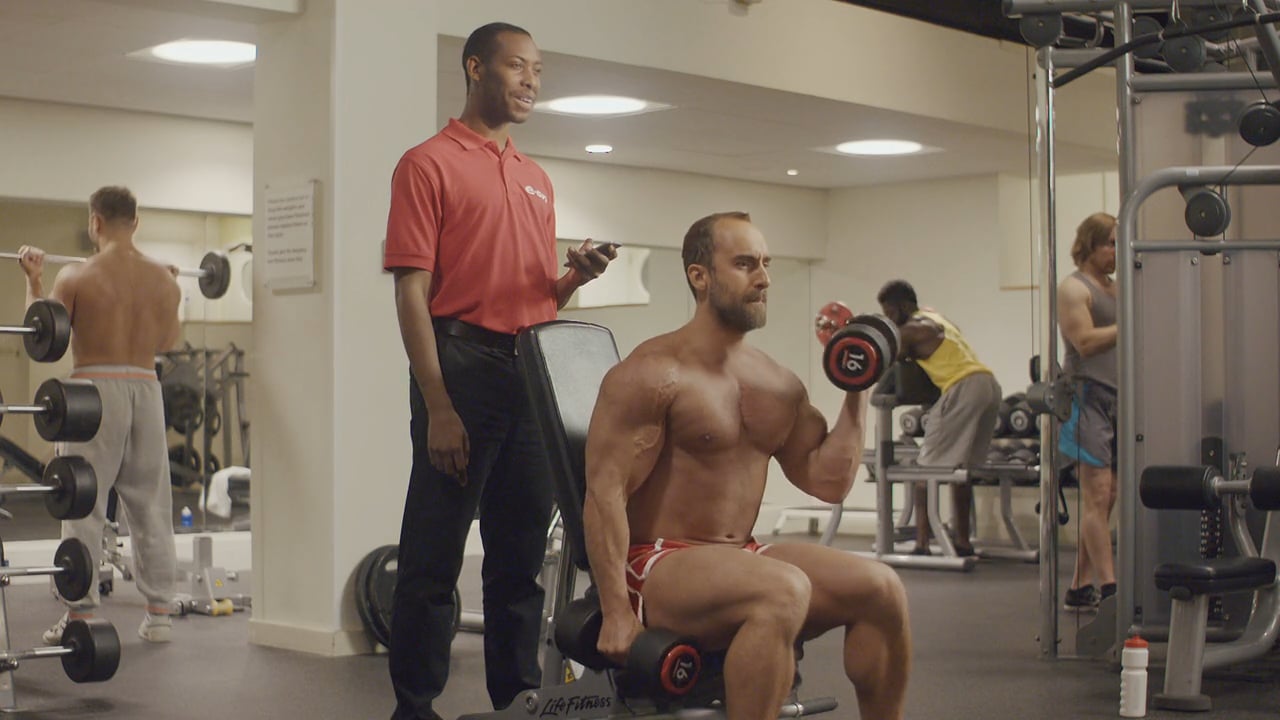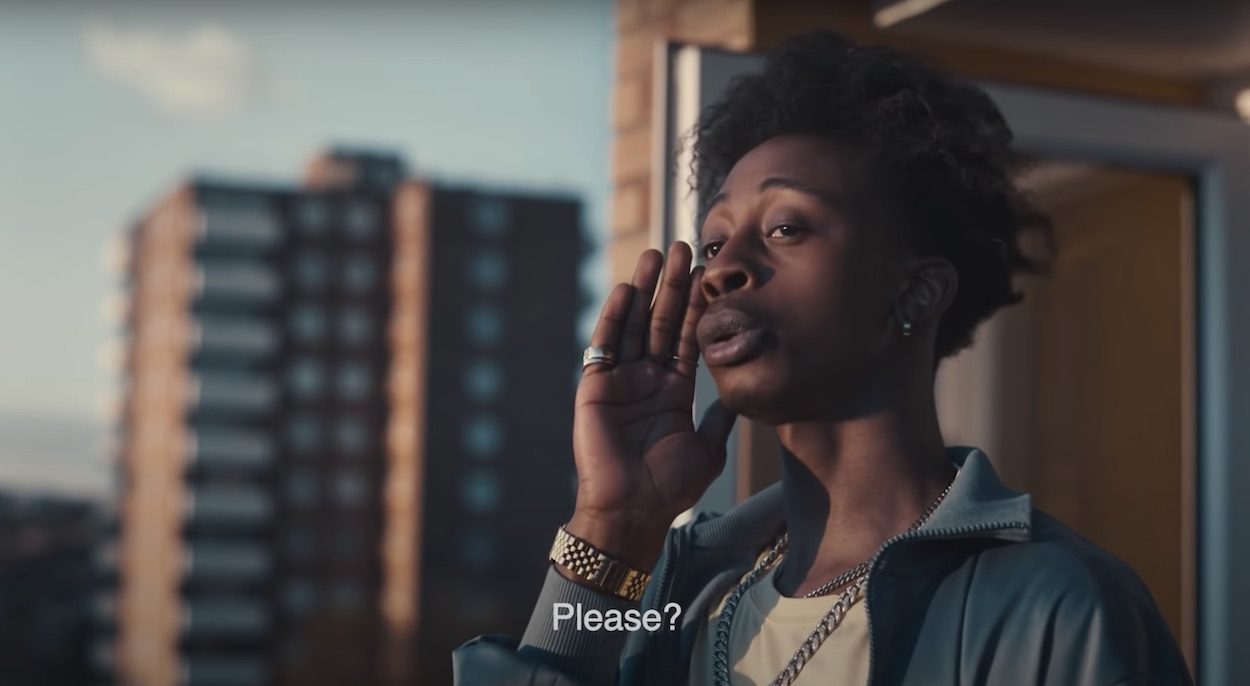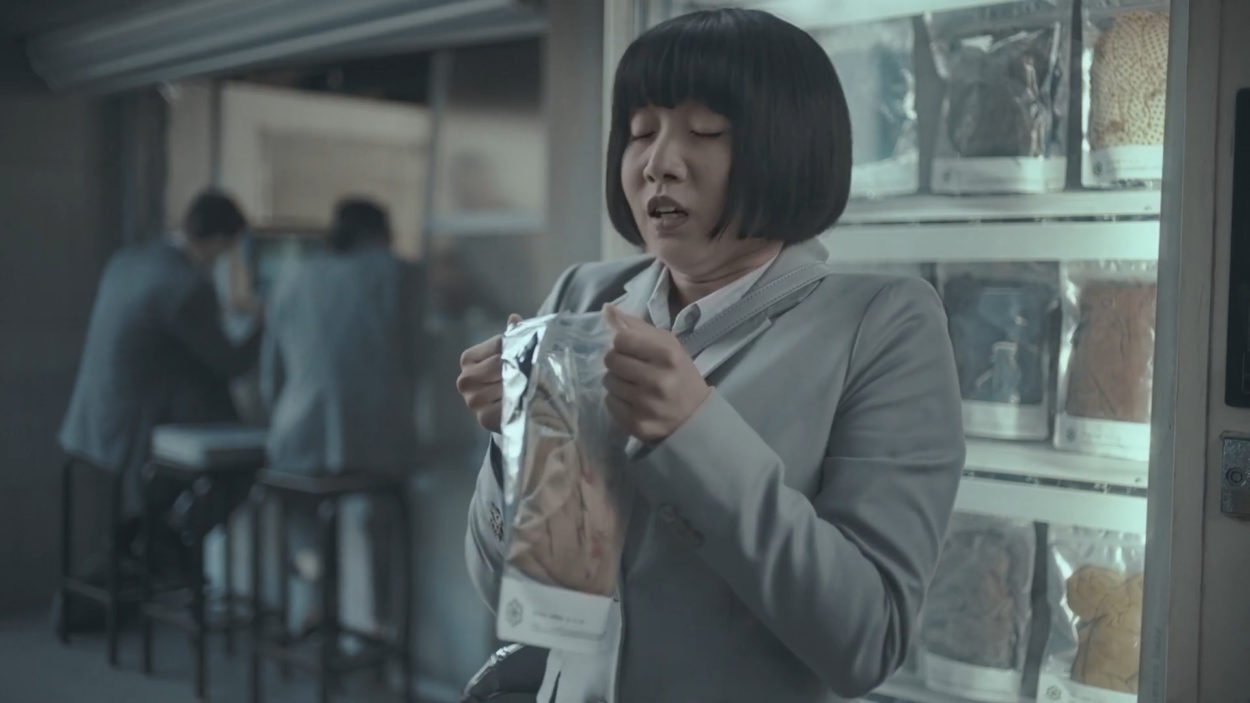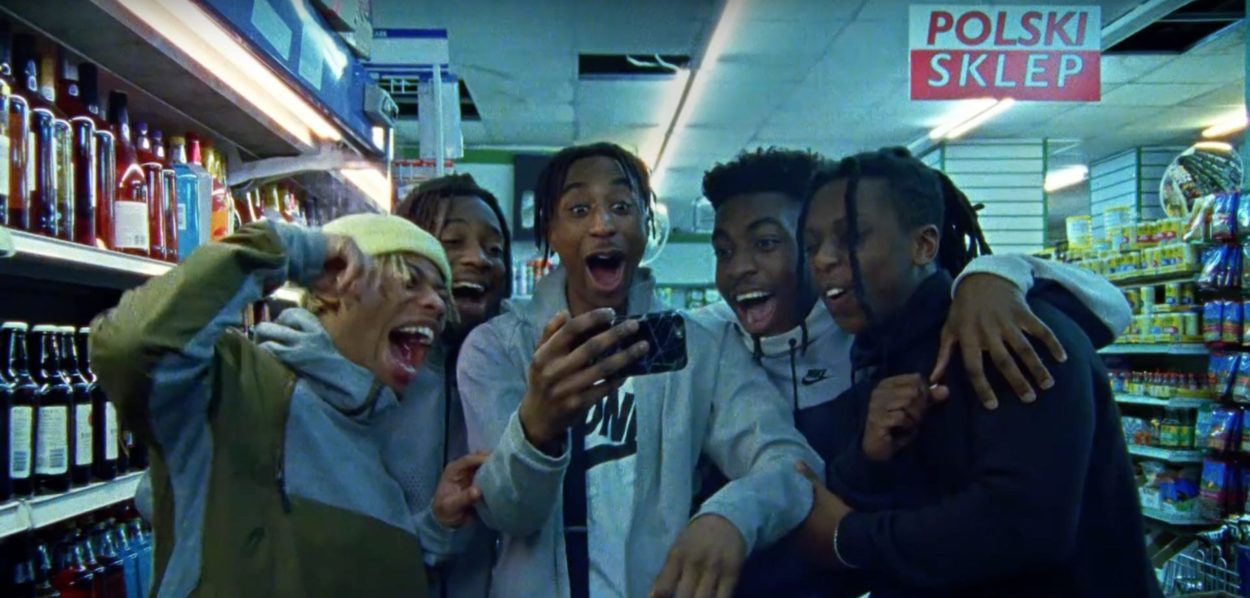Please briefly describe your childhood.
I was the eldest of four kids raised on the south coast of Australia, by Bernie and Mandy. A surfie/bricklayer and a hippie/nurse. They were 19 when they had me. So I had creepily young parents who felt clothing was an optional extra at home. I saw a lot of penis and badly wrapped sarongs over 70’s bush before the age of 8.
Were there any clear indicators that you would pursue a creative career?
I never wanted to do manual labour after watching my dad lay bricks. I was allergic to it. I wasn’t physically gifted, I have the shoulders of a dolphin, in fact after my father saw me compete at a school running carnival and coming last, he asked in all seriousness “How were you the fastest sperm”?
So I dropped out of school when I was 16 to go to technical college to study graphic design.
The elevator version please of the route you took to become a director – now signed to Somesuch in UK and Finch in Sydney.
I studied graphic design. Then did a course called Award School that teaches you the basics of advertising. At the time I was 21, and I got offered a job straight away to go work in Brunei. I signed the contract, and then found out I misread it, I was actually going to Bahrain in the Middle East. We didn’t have the internet so we couldn’t google it, or Ask Jeeves it or whatever the fuck you did in 2000. So I went.
After that I worked at TBWA, Grey London, the Glue Society and finally Fallon London.
Directing was always my end goal though. I never wanted to be a CD or run an agency.
I had worked with Sally Campbell (Founding Partner of Somesuch) years earlier, who said I should be a director, I had heard this from a few other production companies through the years.
So eventually it was time to piss or get off the pot.
Sal’s very fuckin good at making you do that.
The Australian and English sensibilities are perhaps as different as night and day. How do you adjust your mindset to where you’re working?
I have been here for 12 years now, so probably easy now.
Although the first presentation I did years ago, we were told to curb our accents when we presented to sound more intelligent by an English account manager. We had pretty thick accents.
He was a fuckin idiot though, as he wore those leather shoes that are super long, but have the square toe and makes it look like you smell like Rohyphnol so we didn’t listen to him.
We started the presentation with “Allrighthowthefuckareyousegoin…”
I actually really loved the fact that I came from Australia. I think it’s really shaping.
We got to observe both British and American tv/music/advertising from a far and learn. I found my American friends were unaware of lots of great British Stuff and likewise with my British friends.
So we had a good mix of that plus an Australian point of view.
But I was always an Anglophile at heart.
The only person I was ever star struck by was Tim Brooke Taylor from the Goodies. I got him in for a VO and couldn’t speak.
Where do you call home now?
London – in the spare bedroom (I have two small kids).
Actually when we came across your work it was the heart melting music video / short film The Stepney Line Dancer which you directed just before Christmas. Soooooo love that. Please tell us why you made this…
Umm, we were commissioned by a company called M2M to make a film about fashion in London. The idea was that London is such a melting pot you see kind of every sub culture.
So I wanted to explore that specific age, around 14/15 when you start to get into something, find your click. When something attracts you outside of the zeitgeist. And you are compelled to it. You are awkward, but at the same time want to express yourself. You lack confidence but at the same time, want to say fuck you to the rest of the world.
I was super into 60’s music when I was a kid. Whilst all my peers were wearing Oakley blades listening to Rancid, so I guess it kind of tapped into that.
How did you go about casting and directing the boy, there’s a certain charm to his dancing…
Ha. We wanted kids who knew nothing about line dancing, nor professional dancers (dancers always want to show you how good they are at dancing). We wanted to have raw naivety in how he moved. Like you could see him thinking about dancing, he hasn’t quite yet got it. We also accidentally bought him boots that were a bit small, so it made it even more awkward.
I also loved old music videos. When they only had a few rolls of film. Mistakes stayed in the film. The imperfection of those videos, make it feel more perfect to me.
At last a council estate location that feels more homely than gritty…
Ah, yeah. I laughed with Tim Nash (Founding Partner of Somesuch), I told him I wasn’t gonna shoot a gritty video on an estate.
“I feel like that shit is old. Hand-held. Magic hour. Kids smoking on roof. Something on fire”.
I wanted to do something up.
So Tom “the rent boy” Gardner, the producer, and I were really focused on not making gritty estate porn. But rather use it as a backdrop or stage for our guy. Shoot it in daylight. Make it feel like a place where characters live, rather than a lo-budget music video yearning for street cred.
It’s interesting that Stepney Line Dancer is set to a track whereas most of your commercials are dialogue based. Was it a different process making a visual short rather than a narrative driven film?
The music was really important. As important as dialogue. It gave you his motivation or his thinking. We really wanted to have a track that you immediately loved, but had never heard. It was important for us that the listener discovered this with him, rather than a piece of music you knew. The super talented Nick at Tim Drum Music and I nerded out about the kind of Glen Campbell era of music. Sweeping epic ballads, with strings and scale. We had a different track the whole time we shot, but when we put this track over it, it just worked better. We didn’t change the edit one frame. It was weird. There are lyrics in the song, that make it feel like we designed our shots too. It was a total coincidence. A happy mistake.
When we dug deeper we came across your commercials for the likes of Babbel and Domino’s and think it was the first time we’ve laughed out loud in 12 months. And now the wonderful Greenies, treats for dogs. You’re a nutter with impeccable timing. Is it instinct or are there some rules you follow for creating comedic work?
I love the funny. It was the currency I had with my friends. Being funny was more important than being smart or cool or interesting. I had the good fortune of having a lot of funny mates, and you just learn from them. In terms of learning rules of translating funny from page to screen.
1. Leave space. Too many thirty second scripts are 30 seconds. Write them as 20’s and let them breathe. Funny isn’t the joke, it’s the space around it.
2. If it’s funny on the day, it’s probably not as funny in the edit.
3. Don’t make it addy, and don’t hire actors you see in other ads. Create characters, those characters only live for 30 seconds.
4. The script handed over to you by the agency is a starting point for collaboration.
5. Have fun. Its only a fuckin ad.
Domino’s was even funnier because you resisted a polished vfx look. Was that always the intention?
Yeah.
We wanted you to be able to see the trick. If the post is too good, it wouldn’t have made you laugh. Making it more lo-fi made it funnier. Jim at Big Bouy, who did the post, was worried it would make him look bad at his job, so he kept trying to make it better.
Having been an art director and creative director do you become involved in the scripts too? Or is it more of a visual involvement at the treatment stage?
Yeah, I actually became a writer at Fallon. I presented my first layout to Rich Flintam as an art director, and he did that look where he stares through your soul, and told me very calmly “you are going to be a writer now”. To be fair, I was a pretty shit art director.
But for me it’s really important that the director collaborates on the script. It’s her/his job to bring it to life so they should help shape it.
I have worked on all the scripts I have directed with the creatives. I think it gets it to a better place. Sometimes you suggest the thing that makes it better, sometimes they do. One month later it doesn’t matter, no one remembers. But I hate the feeling that we didn’t push it. Fuck it up. Twist it. Do the opposite. Craft it.
In my experience really good creatives are always open to ideas if they are better, they want to make the best whatever.
The not so good ones are precious about their script. It’s just a fuckin script. It ain’t the ten commandments.
What have been the key lessons about directing that you didn’t know when you were a creative director?
It is hard. Budgets are very real. You are only as good as your last job. Don’t stop till you get what you want. Ignore the voices. Not having a safety net is scary but liberating.
Anything else you’d like to share?
Nude photos of my father. He has an exquisite looking penis.
LINKS
